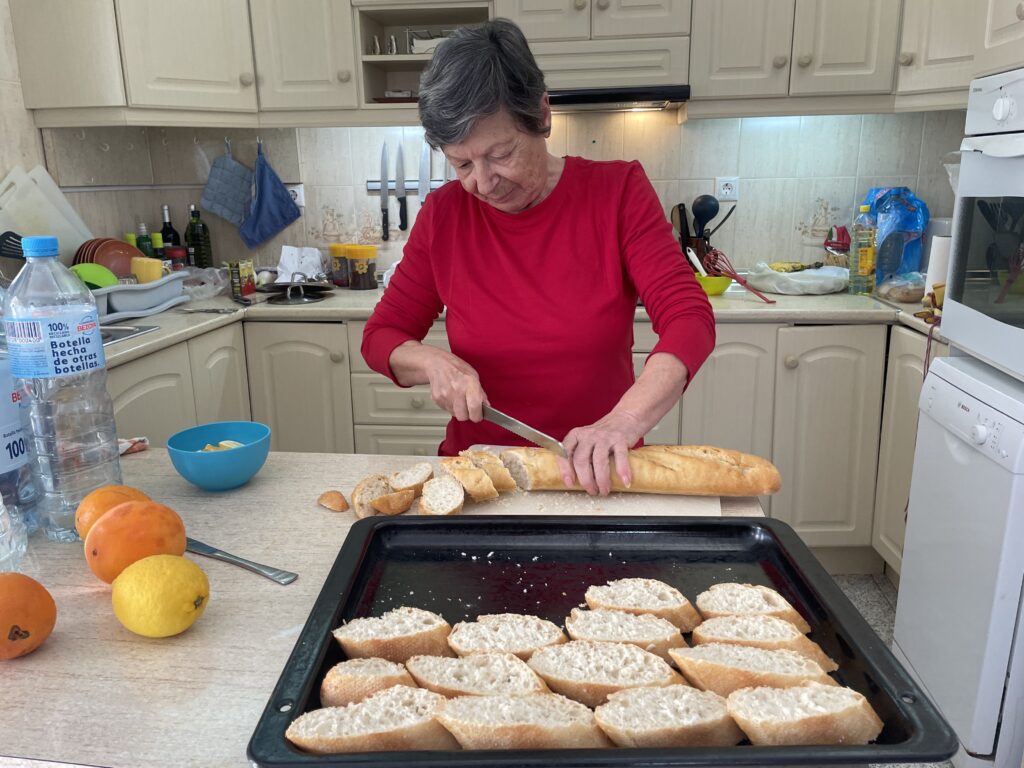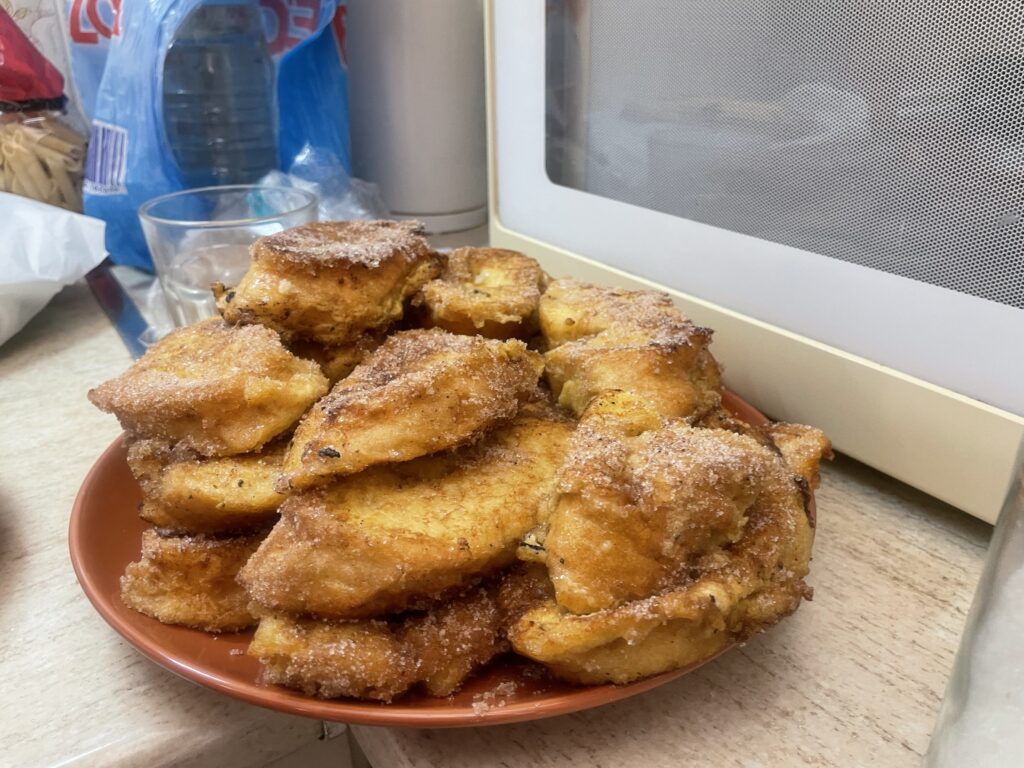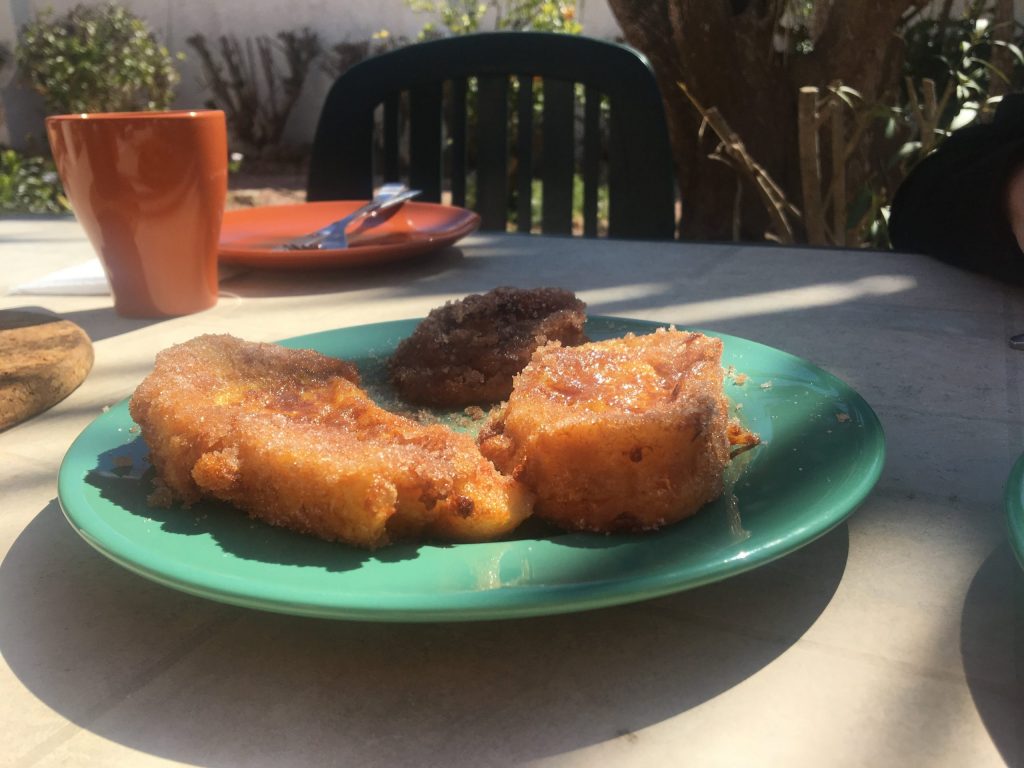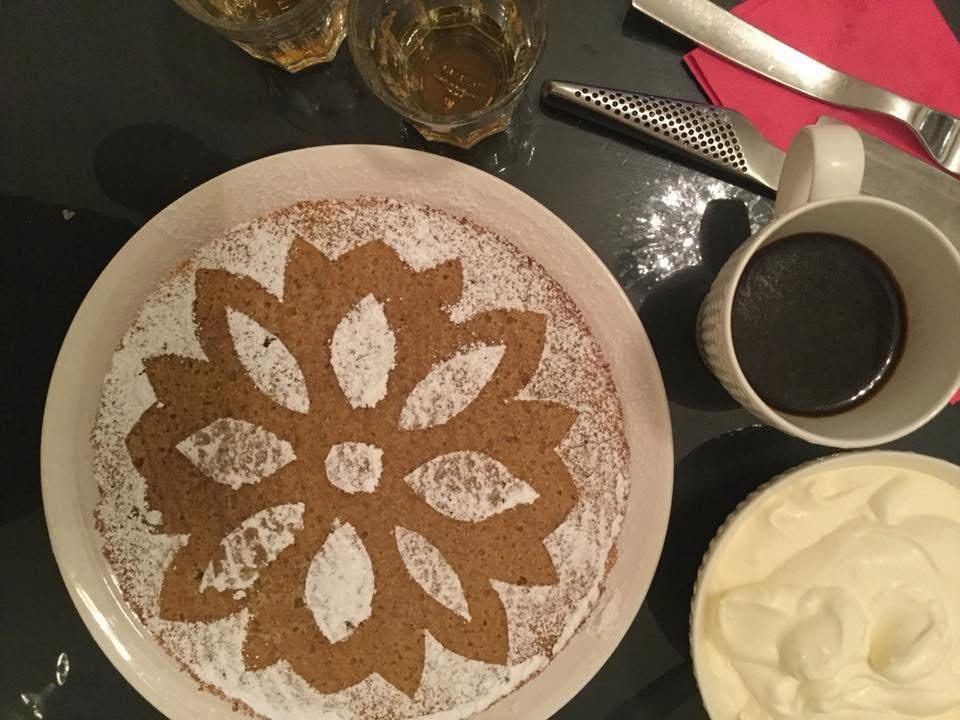Which are the Spanish pastries and delicacies that are important on holidays such as Christmas. There are some you must try while in Alicante. Nevertheless , it depends on which time of the year you go to Spain. There are a series of holidays that host their own set of pastries and sweets. In this text I will focus on Christmas sweets and goodies. However, it will take us to religious holidays such as Semana Santa as well.
What is clear is that pastries in Spain (as in many other countries around the world) evolved around religious holidays. Different faiths met and culinary traditions evolved through migration, trade and cultural exchanges.
I will especially look at pastries that are based on ingredients such as almonds and honey, all part of the Spanish as well as the Alicante confection heritage. The delicacies showcase Spain’s deep culinary traditions influenced by Moorish, Christian, and Jewish cultures.
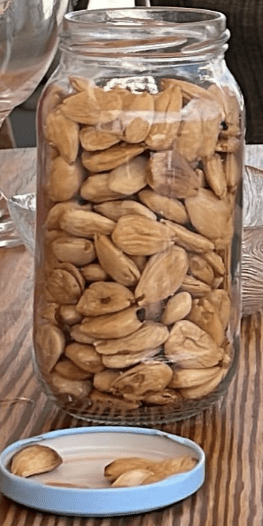
The almond in Spanish pastries and delicacies holidays such as Christmas
The history of the almond pastry is deeply rooted in the region’s agricultural wealth. This is for sure true in Alicante province. Here you can find a rich tradition of almond pastries and sweets. This is a true culinary heritage that you should and must discover, starting with the Turrón .
The iconic Turron
It is a confection made from almonds, honey and sugar and has a long history stemming back to the Moros that ruled Spain during centuries. By the Middle Ages, turrón began to became a distinct confection in Alicante and Jijona. This is due to the abundance of almonds and honey in the region
Turrón production became a significant industry in Alicante, with recipes evolving to meet growing demand. Artisans began to refine the recipe, distinguishing Turrón de Alicante (hard nougat with whole almonds) from Turrón de Jijona (soft nougat made with ground almonds).
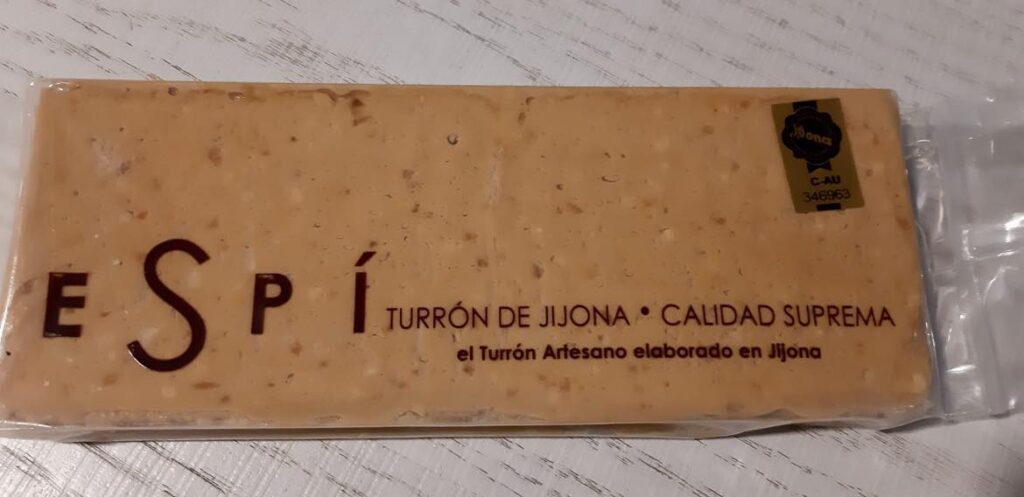
The different varieties in and around Alicante. As mentioned above, the Turron de Alicante is a hard turrón and contains whole almonds. While in Jijona, one of the most notable Alicante turron districts, the turrón is softer and made of ground almonds. Both Alicante and Jijona turron have the protection DOP ( designations of origin ie the production of turron follows traditional methods in these region.
Polvorones
Polvorones is a shortbreat type cookie made with ground almonds, flour, sugar and originally lard . Today they are often baked with butter instead. Eating these cookies was a way to demonstrate one´s catholic faith during chrismas time
The name comes from the Spanish word «polvo,» meaning «dust,» which reflects their crumbly, powdery texture. The cookies probably come from Andalusia and there popular during the 15th – 17 th century when the population had easy access to the ingredients such as lard, , almonds and sugar. The use of lard reflects the region’s dietary customs and Christian dietary practices. During the Inquisition, it was important to demonstrate one’s Christian faith was important in opposition to Jewish and Muslim traditions.
Other almonds cakes – the “Tarta de Santiago” and other cakes
An almond cake dusted with powdered sugar, often decorated with the Cross of Santiago. The ingredients are almonds, sugar, eggs, and lemon zest. Some years back when we went on a culinary trip to Villa Balea my friend Gunilla baked a Tarta de Santiago. It was delicious.
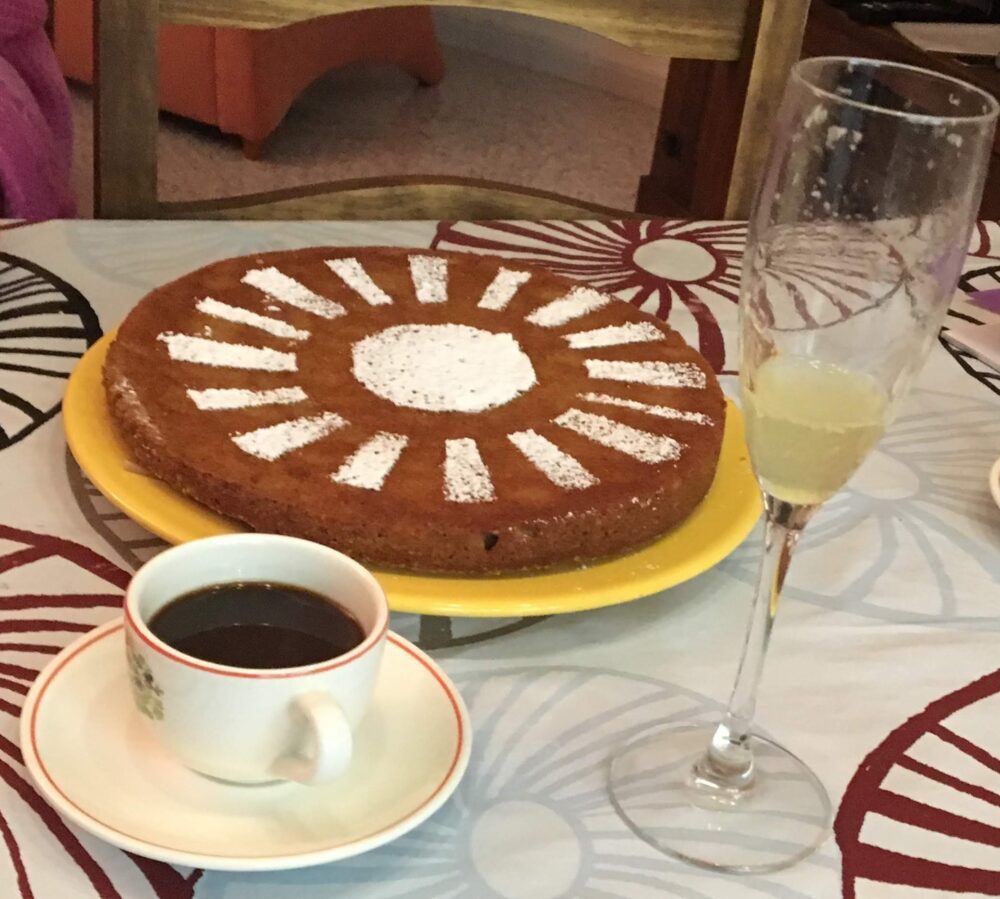
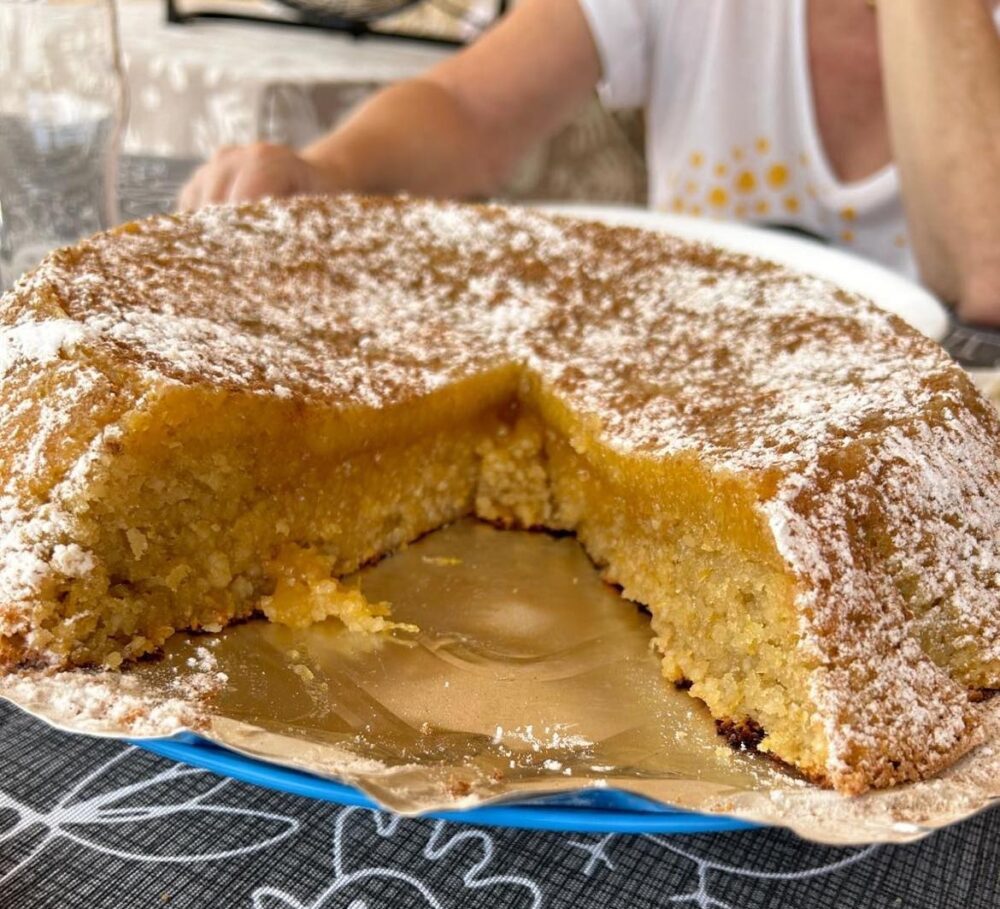
Honey in Spanish pastries and delicacies holidays
Honey in pastry stems back to many ancient civilizations such as the Egytians, the Mesopotamians, the Greeks and the Romans. It was the primary sweetener (before the widespread use of sugar). Spain pastries and sweets often have honey as a key ingredient. This again reflect the influence of other cultures and historical events. Here comes some pastries that you can find throughout Spain.
Buñuelos de Miel
This is a Honey-dipped fired pastry. The ingredients are fritters are flour, yeast, and honey. Below you will find more on friends pastries. You can find Buñuelos at fairs and festivals.
Leche Frita con Miel
This is a fried milk pudding cut in squares and drizzled with honey. The ingredients are milk , flour, sugar, and honey.
This is classic dessert
Torrijas con Miel
Torrijas is a French toast dessert. The bread is soaked in milk. My friend Maria made it at Villa Balea some years ago and put orange zest and juice in the milk. The Torrijas the Miel is topped with honey. This particular version of Torrijas is common during Lent and during the Easter week ( Semana Santa).
